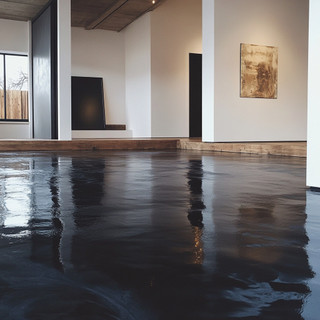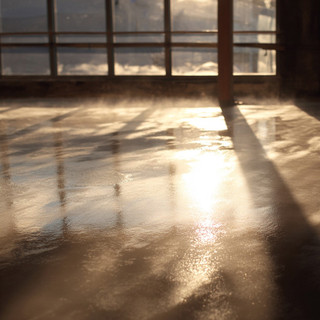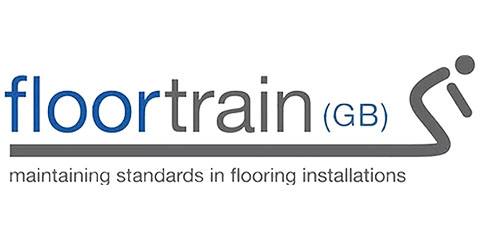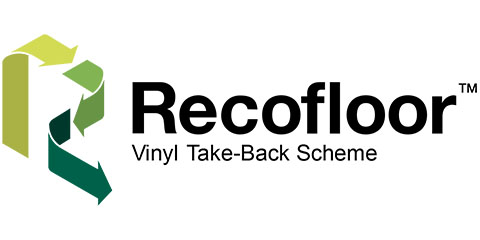What Is Linoleum?
Posted by Teri-Ann Fisher on 19th May 2025
When considering flooring options for your home or commercial space, the name linoleum may not be the first to spring to mind. Yet, this time-tested material has been gracing interiors for well over a century, offering durability, sustainability, and classic charm. But what exactly is linoleum, and why is it still relevant today?

A Brief History
Linoleum, commonly shortened to lino, was invented in the mid-19th century by Englishman Frederick Walton. He discovered that oxidised linseed oil formed a tough, leathery film—ideal as a durable surface. By combining this with natural materials such as cork dust, wood flour, resins, and pigments, he created a resilient and eco-friendly flooring material.
Initially a popular choice for both homes and public buildings, linoleum was praised for its practicality and aesthetic versatility. Although it saw a decline with the rise of vinyl flooring in the mid-20th century, linoleum has experienced a renaissance thanks to its environmentally friendly properties.
How Is Linoleum Made?
Unlike many modern synthetic floorings, linoleum is made from renewable materials. The key ingredients typically include:
- Linseed oil – derived from flax seeds, this is the core binding agent.
- Cork dust or wood flour – added for texture and durability.
- Resins – natural tree resins enhance resiliences
- Ground limestone – acts as a filler for strengt
- Natural pigments – used for colouring
- Jute backing – the materials are pressed onto a jute fabric base
This composition not only makes linoleum biodegradable but also low in volatile organic compounds (VOCs), making it a safe and sustainable choice for indoor environments.
Advantages of Linoleum
- Eco-Friendly: Made from natural and renewable materials, linoleum is a top choice for those looking to reduce their environmental footprint.
- Durability: With proper care, linoleum can last 20–40 years. It is resistant to wear, water, and heavy foot traffic.
- Anti-bacterial and Anti-static: The natural properties of linoleum deter microbial growth and dust attraction, making it ideal for kitchens, healthcare facilities, and schools.
- Aesthetic Variety: Available in a range of colours and patterns—from marbled effects to bold solids—linoleum offers surprising design flexibility.
- Easy Maintenance: Regular sweeping and occasional damp mopping are usually all it takes to keep linoleum floors looking good.
Common Uses
Though often associated with vintage homes or institutional buildings, linoleum is making a comeback in contemporary design. It's now used in:
- Residential kitchens and bathrooms
- Offices and shops
- Schools and nurseries
- Hospitals and care facilities
Linoleum vs Vinyl: Know the Difference
It’s easy to confuse linoleum with vinyl flooring, but they’re not the same. Vinyl is made from synthetic materials, particularly PVC (polyvinyl chloride), which is less eco-friendly. While vinyl may offer more water resistance and a lower upfront cost, linoleum is the greener and more traditional option.

Final Thoughts
Linoleum is far more than a relic of the past. As a natural, durable, and sustainable flooring material, it offers both style and substance for any space. Whether you're restoring a heritage property, or building an eco-conscious modern home, linoleum deserves serious consideration.










